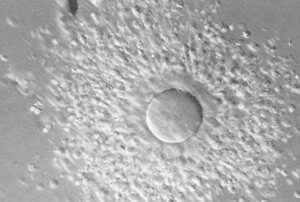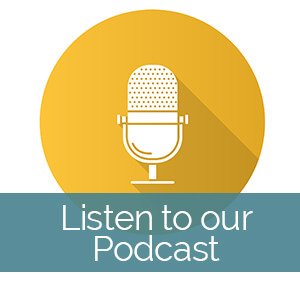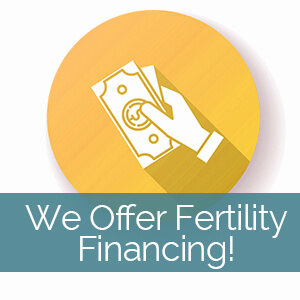Learn more about the human egg

The human egg, or oocyte as it is scientifically called, is such a beautiful masterpiece. Along with sperm, a healthy egg is vital for human reproduction and conception. An oocyte is the very beginning of human life – in the simplest of terms, it is an immature egg cell. Throughout the process of ovulation, this immature egg cell eventually matures and becomes an ovum, or egg.
If you’re like most people you know more about eggs you buy in a store than about the amazing eggs that human women produce. Here are 6 “egg-cellent” facts about the human egg we hope you’ll find interesting:
- A female fetus just nine weeks into gestation will start making all the eggs she will have for the rest of her life. At birth, she will have 1-2 million eggs. Crazy fact: the egg that created you was inside your mother when she was inside your grandmother.
- The human egg is one of the biggest cells in the body, at about 100 microns with the relative thickness of a strand of hair. It is about 20 times the size of a sperm!
- On average, a woman will ovulate, or release, a mere 400-500 mature eggs in her lifetime. Many eggs will begin to develop during the follicular phase of the menstrual cycle each month, but only the largest egg is ovulated while the smaller ones die off. And once released, the egg only lives for about 24 hours, at which time if it’s not fertilized it will begin to disintegrate.
- Eggs age over a woman’s lifetime. Young women have plenty of healthy eggs. About 75-90% of the eggs of a 21 year old are viable. But for a woman over 40, only about 5-10% of her eggs are viable. This is why many young women who are focused on a career or delaying building a family are considering egg freezing.
- At fertilization, the human egg only allows one sperm (of the potentially millions trying to get in) to penetrate it and begin the process of fertilization. No one knows what decides which sperm will be the lucky one.
- The egg contains all the instructions for what happens after fertilization. RNA in the egg helps the egg’s nucleus fuse with the sperm’s, guides the fertilized egg through its initial cell divisions, and tells the cells inside the developing embryo how to specialize and what kind of cell they need to become. The egg also contains lots of mitochondria which are the powerhouse of the cell, converting oxygen and nutrients into energy.
Testing can determine the quality and quantity of your own eggs
Now that you know all of these interesting facts about the human egg, you are probably wondering about your own. We have easily available tests to determine your egg reserve, or how many eggs you have left, and their quality. The most popular is the anti-Mullerian hormone, or AMH, test. This easy blood test can provide you with the answers you need to make crucial decisions about your family building timeline and if egg freezing is right for you.
Contact one of our Louisiana fertility centers to learn more about AMH testing and your fertility potential.



